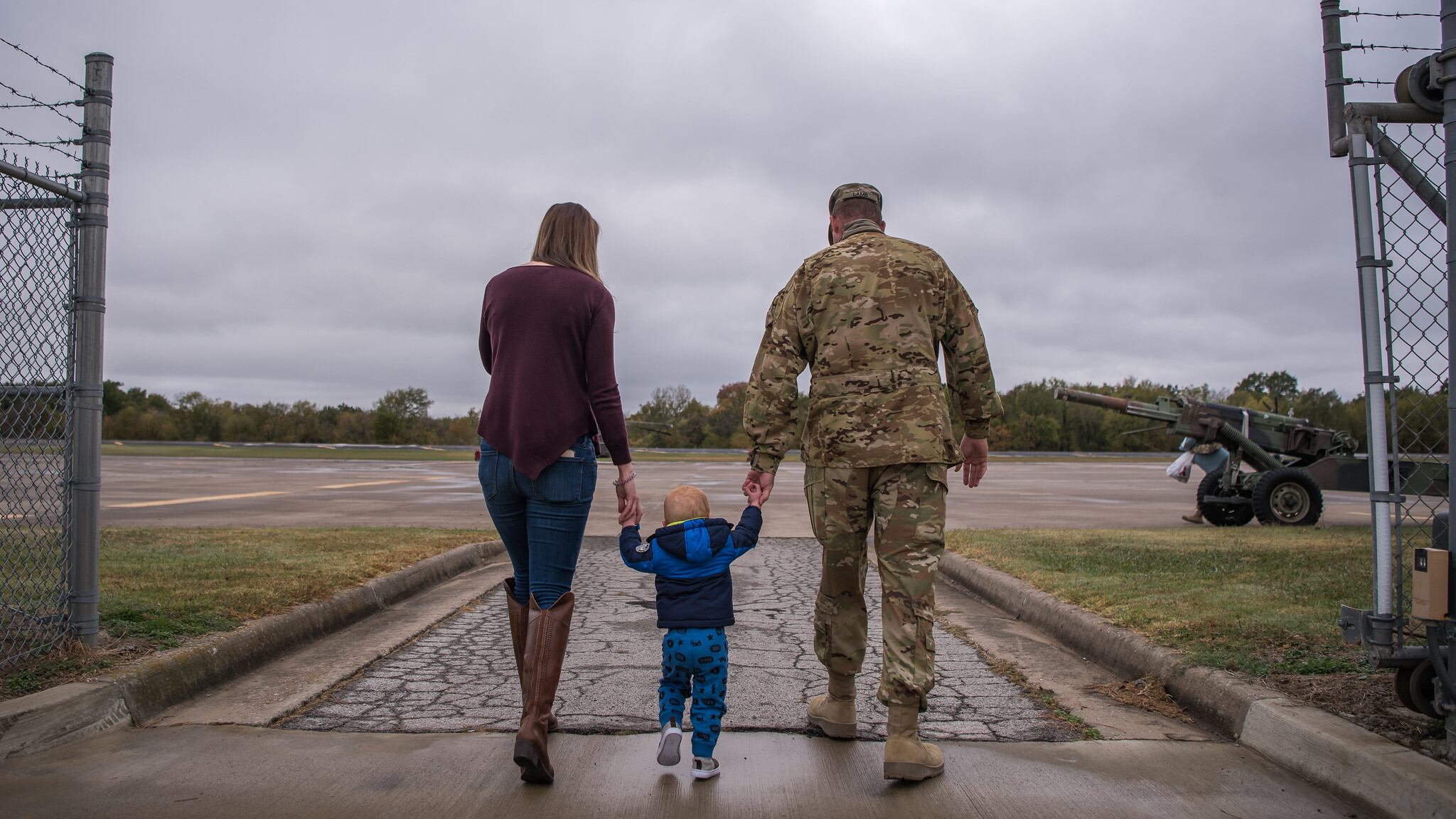My friends and I often make the wry comment, “it’s typical Army” after experiencing something particularly nonsensical and onerous. Though it is never appealing to wallow in bureaucratic miasma or follow illogical rules, the reality is that many of the things we do to survive as Army dependents are done out of necessity. And as dutiful Army spouses, we work with the existing system, as frustrating as it can sometimes be, and “soldier on.”
My recent concern, however, is that some of the Army’s resistance to change and modernization is going to spill into the strategic levels of the Pentagon and flood the office of the newly appointed deputy assistant secretary of defense (DASD) for military community and family policy. This position falls under the assistant secretary of defense for manpower and reserve affairs, which reports to one of six under secretaries of defense, specifically personnel and readiness. All this to explain that the DASD for military community and family policy has the responsibility to drive change for the entire military community — especially including dependents.
Patty Barron, the newly appointed DASD, has an impressive resume. She has been involved in military family policy for decades, most recently serving as the head of the “family readiness directorate” at the Association of the United States Army. On paper, she seems like a terrific fit for the job. My hope for her, however, is that she breaks free from the general complacency that many of us feel affected by in the Army family — a feeling of “nothing will ever change; this bureaucracy is too big.” After years of working with the system, it’s easy to say, “this is just how it is” rather than seek change for the next generation of military family members.
Here’s an example: when you move to a new military installation, you are expected to register your children with Parent Central Services. There, you can make sure that your dependents are able to sign up for a whole host of things, from youth sports and afterschool care, to on-site daycare or “at home” daycare. Without the blessing of Central Services, you will never get your kid into hourly care so you can go to the gym. You will never get them off the waiting list for a coveted daycare spot. You are completely stymied unless you succumb to the — mostly sluggish — system.
And the system is completely antiquated. Every time you move, you have to re-do all the paperwork (I have four kids, so my stack of paperwork was copied, by hand, four times). We need shot records and updated doctor’s information and new emergency contacts. Hard copies. Why isn’t this automated? Why do we have to do this in person? Why don’t the records “travel” from installation to installation? Why are we wallowing in a system that serves next-to-no modern parents? (Moreover, parents without printers!) I have asked this in Fort Campbell (twice), Washington, D.C., (twice), Schofield Barracks, and Joint Base Lewis-McChord to no avail.
Now I know to preposition myself at Central Services at each installation with a triple espresso and a slew of nasty text messages ready to go to my husband who gets to skip this reincarnation of the sloth scene at the “Zootopia” DMV.
This is often the way the Army works for dependents. Will the new DASD recognize such eternally frustrating military family roadblocks and seek change, or will she stay complacent — like most of us do after years in the Army — and languish within an already recalcitrant system?
Here’s another example: I have been privy to many conversations with Army captains and their spouses about the pressures to run the Soldier Family Readiness Group (SFRG) while trying to balance two careers, children, other volunteer work, faith, and friendships. I have had this conversation over and over, but the “big Army” appears very slow to recognize that many Army spouses want to work, are overqualified for most local jobs, and are unable or unwilling to take on full-time volunteer roles in units. The expectation that women take on these very active volunteer roles is still alive and kicking.
The mess of paperwork facing spouses at Parent Central Services and the difficulties of balancing a career with Army volunteer expectations are just some of the many obstacles facing modern military families. Indeed, these are the types of issues that the DASD for military community and family policy should address. But to do so, she’ll have to discard any “Army goggles” and cut the zip ties of the system.
One step would be to engage younger spouses and partners in open discussion about how they could continue to support their soldiers while pursuing their own careers. Another would be to pull dual military couples into the discussion, with particular emphasis on the female service member, who, despite having the same professional duties, still bears more responsibility for childcare, SFRG volunteering, and traditional “women’s business.” To recruit and retain the next generation of military leaders, my hope is that Secretary of Defense Austin’s point-person on “family policy” remembers that military families no longer adhere to the edicts of “The Army Wife Handbook: A Complete Social Guide (1993, 2007)” and often have different professional and personal goals than previous generations.
The new DASD for military community and family policy could do real good for military families during the period of her political appointment — she just needs to ensure that her policy recommendations reflect real military families.
Frances Tilney Burke is an Army spouse and Ph.D candidate at The Fletcher School, Tufts University, where she focuses on international security studies and the history of U.S. foreign relations.
Editor’s note: This is an op-ed and as such, the opinions expressed are those of the author. If you would like to respond, or have an editorial of your own you would like to submit, please contact Military Times managing editor Howard Altman, haltman@militarytimes.com.





